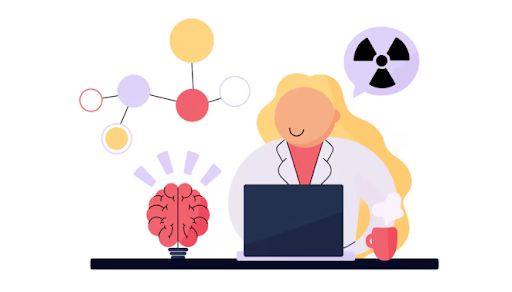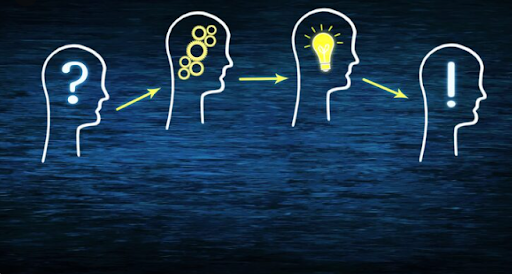Your child just mastered a new skill during an ABA session — maybe they learned to say “I need help” or wait patiently for a turn. But when the therapist leaves or the setting changes, the skill disappears. This challenge is called a lack of generalization, and it’s a common hurdle in autism intervention.
Generalization means applying learned behaviors in new situations, with different people, materials, or environments. Without it, even the most carefully taught skills remain locked inside therapy sessions — limiting their real-world impact.
Luckily, generalization isn’t accidental — it can be intentionally taught and supported, especially at home.
In ABA, generalization refers to a child’s ability to:
Without generalization, progress stays context-bound — useful only when the therapist is there.
Children with autism may rely heavily on specific cues, routines, or environments. A small change (like a different tone of voice or room) can throw them off. They may not recognize that the “same” skill applies in a new setting.
For example:
ABA programs include built-in generalization strategies, such as:
But therapists can’t be everywhere — that’s where you come in.
Use learned skills naturally:
If your child learned to sort by shape with one toy, try using socks, snack containers, or blocks.
Have siblings, grandparents, or babysitters practice the skill. Reinforce successes regardless of who’s prompting.
Don’t limit practice to inside the house. Try using visuals at the grocery store or encouraging greetings on the playground.
Start by helping, then step back. Move from full verbal prompts to visual cues, then to natural reminders — and eventually, no prompts at all.
When your child uses a skill spontaneously, praise and reward it — no matter where it happens.
“You asked for help at the park — that’s awesome!”
Leo, age 6, learned to raise his hand and ask for help during sessions. His parents practiced the same phrase (“I need help”) while doing puzzles and getting dressed. They reminded him gently, then praised him when he used it independently. Over time, Leo began using the phrase at school and even with extended family.
Learning a new skill is just the beginning. Generalization is what turns that skill into a tool your child can use anytime, anywhere. With small, consistent efforts at home, you help transform isolated progress into meaningful, lasting change.

Discover Discrete Trial Training (DTT) in ABA therapy. Learn how this effective method helps children with autism in Raleigh, NC, acquire new skills, with insights for parents from Sunny Skies ABA.
Read More
Unlock the mystery of your child's behaviors with our guide to the four functions of behavior in ABA therapy. Learn how Sunny Skies ABA in Raleigh, NC, uses these insights for effective treatment.
Read More.jpg)
When a child receives a developmental diagnosis, one of the first questions parents often ask is: “What should we do next?”
Read More